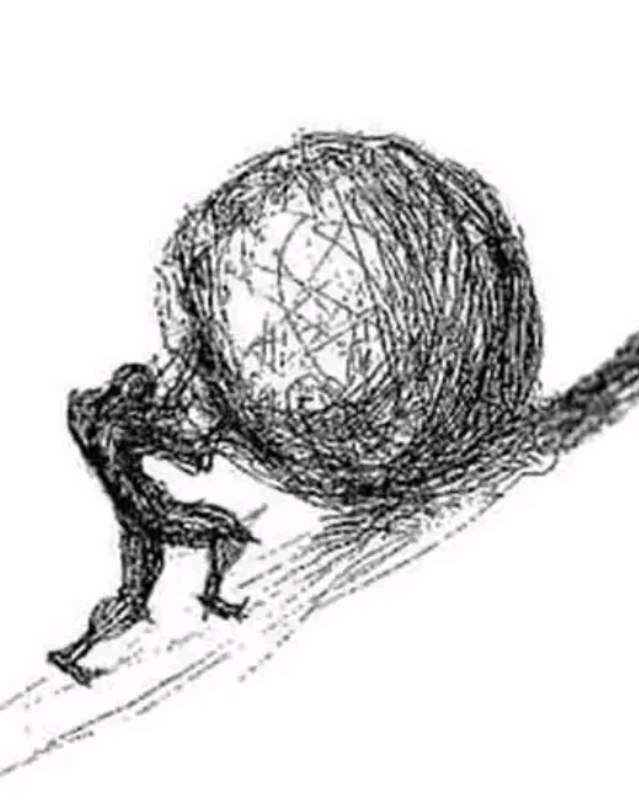I’m curious about the validity of the claim that anarchism is an acceptable form of anti-status quo politics in the US because they’re not actually a threat.
Is this true? Have anarchist groups not been infiltrated as often as MLs have? Is it easier to take them down?
I only ask because I feel like any form of left wing/anti-capitalist thought would be heavily suppressed here but I don’t know


Anarchist who are actively working against the status quo are attacked just as much as any other group seeking to destroy it.
The difference in this context is that anarchism often has a much lower “barrier for entry” than ML thought, and in turn, is far less vilified by our media (it mostly just begins and ends with “anarchy is chaos” and doesn’t elaborate. How many anarchist figures can you name who have been vilified by the media?) It exists as a kind of comfortable “testing the waters” space in a lot of the west. A place that someone can claim to be against the system, but not actually do anything about it, because while they identify as an “anarchist,” their actual contributions to any movement is wearing a $59.99 punk jacket and going to a RATM concert. Anarchism is easier to fold into capitalism and turn into another commodity. Even Marxist stuff isn’t immune to this (just look at Che Guevara shirts) but the capitalist class deem anarchism as ultimately less threatening and easier to manipulate, and so spend far less of their resources trying to destroy it.
There are plenty of properly organised anarchist organisations, just like their are ML ones, who actually require their members to read theory and understand their goals and objectives, but in the west especially, anyone can just call themselves an anarchist without consequence. So for people “experimenting” with left wing thought, it is usually what they trend towards as they don’t risk alienating their friends and family, or risking their job in the same way that being an open ML often will in the west.
I wouldn’t necessarily say that I became an anarchist specifically because it ran less of a risk of alienating friends and family, but more due to the low barrier of entry for anarchism. That is, when I could clearly see that capitalism was ruining my life and destroying the planet, but I hadn’t unlearned all the, like, “Stalin bad Mao bad communism is when no food lol” stuff that I’d grown up with – anarchism seemed like a natural alternative path to communism.
Thanks, I forgot to mention one of the most obvious and major reasons why people become anarchists (in the west at least). It’s an easy way to recognise the problems with capitalism while still holding a lot of capitalist’s ideas about socialist countries.